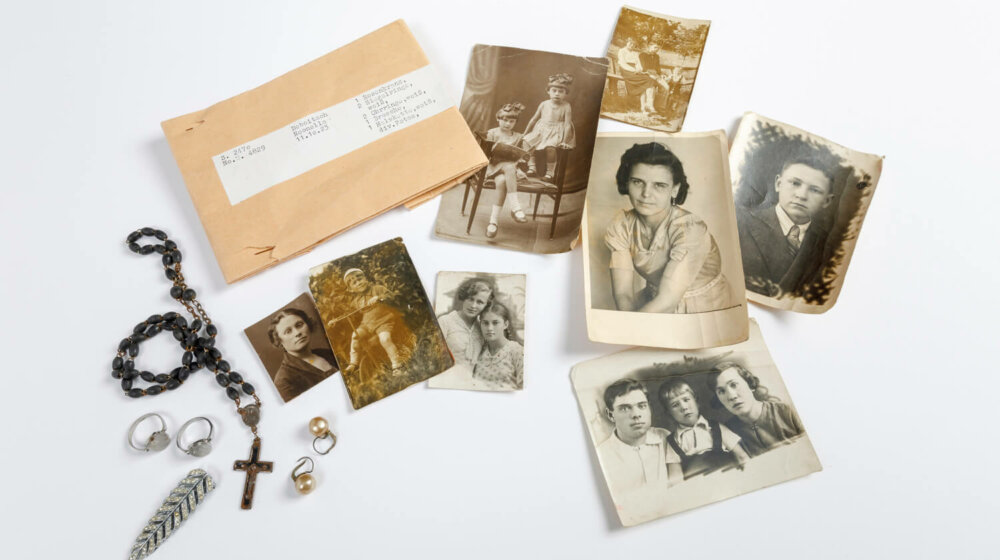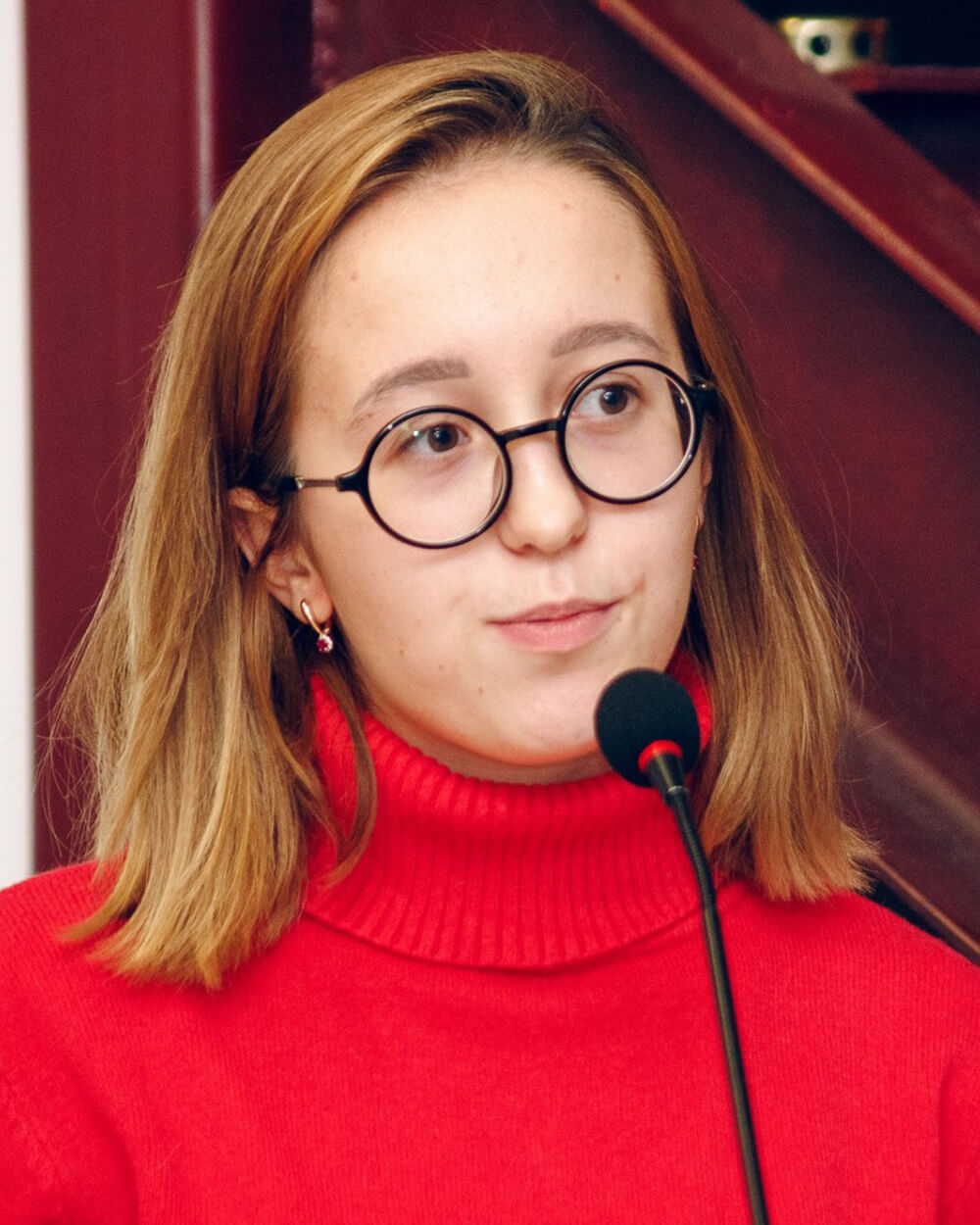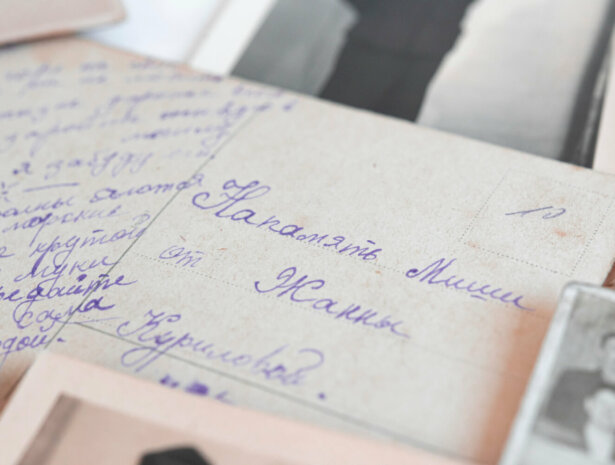First #StolenMemory exhibition in Russia

On June 7, 2021, the first #StolenMemory exhibition in Russia is being opened in Moscow by the Arolsen Archives working together with MEMORIAL. The exhibition focuses on the fates of ten Soviet forced laborers who were deported by the German occupiers and later imprisoned in the Neuengamme concentration camp or its sub-camps.
All of their personal items were taken from them when they were imprisoned. The Arolsen Archives still have some of these keepsakes in their holdings and are searching for the families of their owners to return the pieces of jewelry, photos and watches. The Arolsen Archives are cooperating on this exhibition with MEMORIAL, a human rights organization based in Moscow. Among other activities, the organization campaigns for a reckoning with history and for the families of former forced laborers in Russia. We talked to Evelina Rudenko of International Memorial:
The focus in the #StolenMemory exhibition in Moscow lies on the fates of former forced laborers from the Soviet Union. Which role does this group play in the Russian culture of remembrance?
Evelina Rudenko: The history of the “Ostarbeiters” – forced laborers from the USSR – is a blank spot in the collective memory of the Second World War in Russia. Former “Ostarbeiters” did not talk about their experiences in Third Reich during the Soviet era, so many grandchildren and great-grandchildren learned about forced labor only in the 1990s or even after the death of relatives, finding photos from Nazi Germany in the far corners of the family archive. Now the third and fourth generations are actively looking for information about where their relatives had to go, in which factories or farms they worked.

»The Stolen Memory project will help the Russian public to feel itself the part of a large community of people from all over the world who, with their daily work, help to overcome the consequences of national socialism.«
Evelina Rudenko, International Memorial, Moscow
However, people face many problems in the search, many Russian archives are inaccessible to people because of their closeness, there are no special search services in the country. “Memorial” is one of the few organizations that helps the descendants of former forced laborers. Therefore, the Stolen Memory exhibition is very important for the Russian public. It will introduce people to the activities of the Arolsen Archives, show how the search for victims of Nazism and their documents takes place in Europe.
How would you describe the importance of #StolenMemory for the families who might receive/or have received belongings of their relatives and also for the Russian society?
Evelina Rudenko: It is very essential that the exhibition is focused on “Ostarbeiters” and prisoners of concentration camps. In recent years, Russia has spoken more and more words about the heroes of the Second World War, but little attention is paid to the victims. With the help of the exhibition Stolen Memory, we will show that the fate of ordinary people who suffered from Nazism is also of great importance, and their belongings should be returned to their relatives.
In addition, the Stolen Memory project will help the Russian public to feel itself the part of a large community of people from all over the world who, with their daily work, help to overcome the consequences of national socialism.
What do you hope to achieve with this exhibition?
Evelina Rudenko: We really hope that with the help of the exhibition Stolen Memory and social networks, we will be able to find the descendants and return them the things of their relatives. But in addition to the big goal of getting back what was taken by the Nazis, we want to help people in tracing archival documents. We aim to give instructions on archival search, to introduce them to the largest archives – for example, the Arolsen Archives, to explain how and where to look for documents. We understand that search is a very complex and time-consuming task. Therefore, the Memorial strives to support the descendants and not leave them alone with this difficult task.
The exhibition is in Russian and will be displayed at the MEMORIAL office in Moscow (Karetny Ryad, 5/10). It will be open to the public until August 15, 2021.


